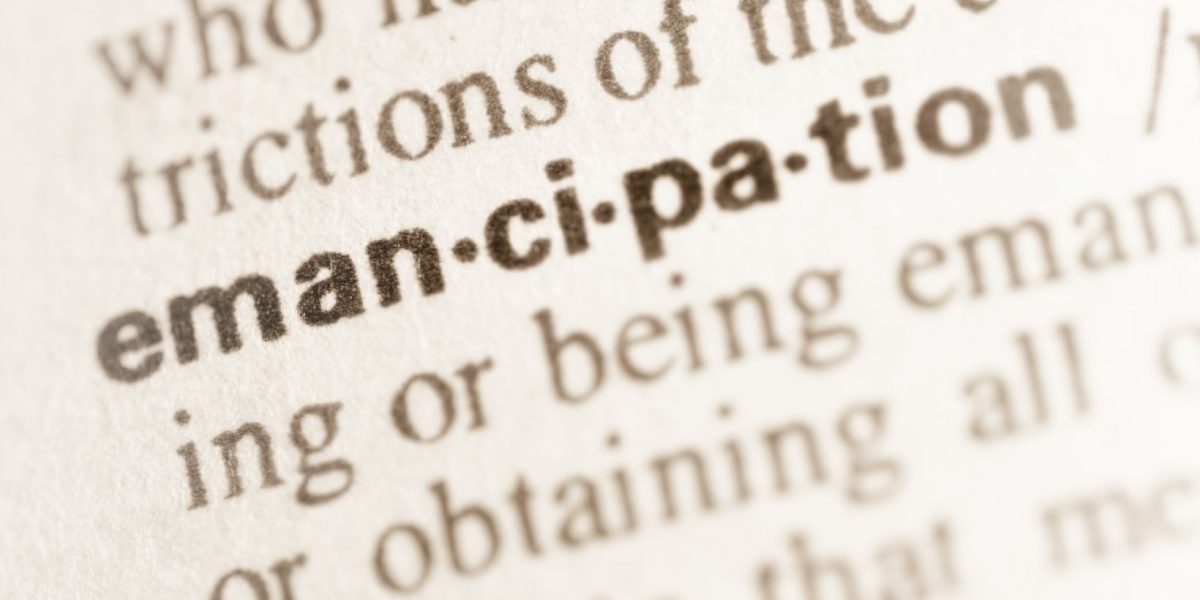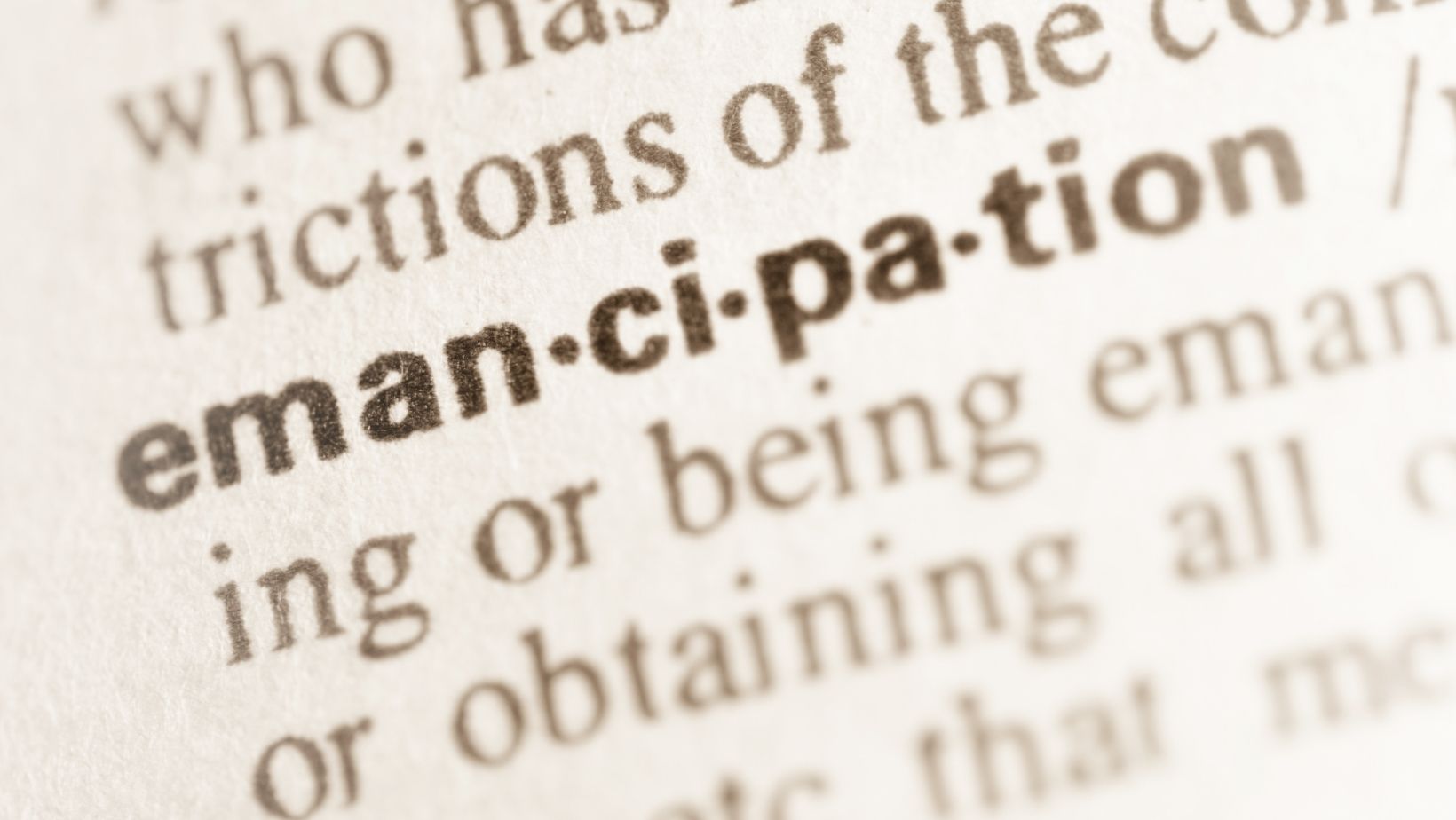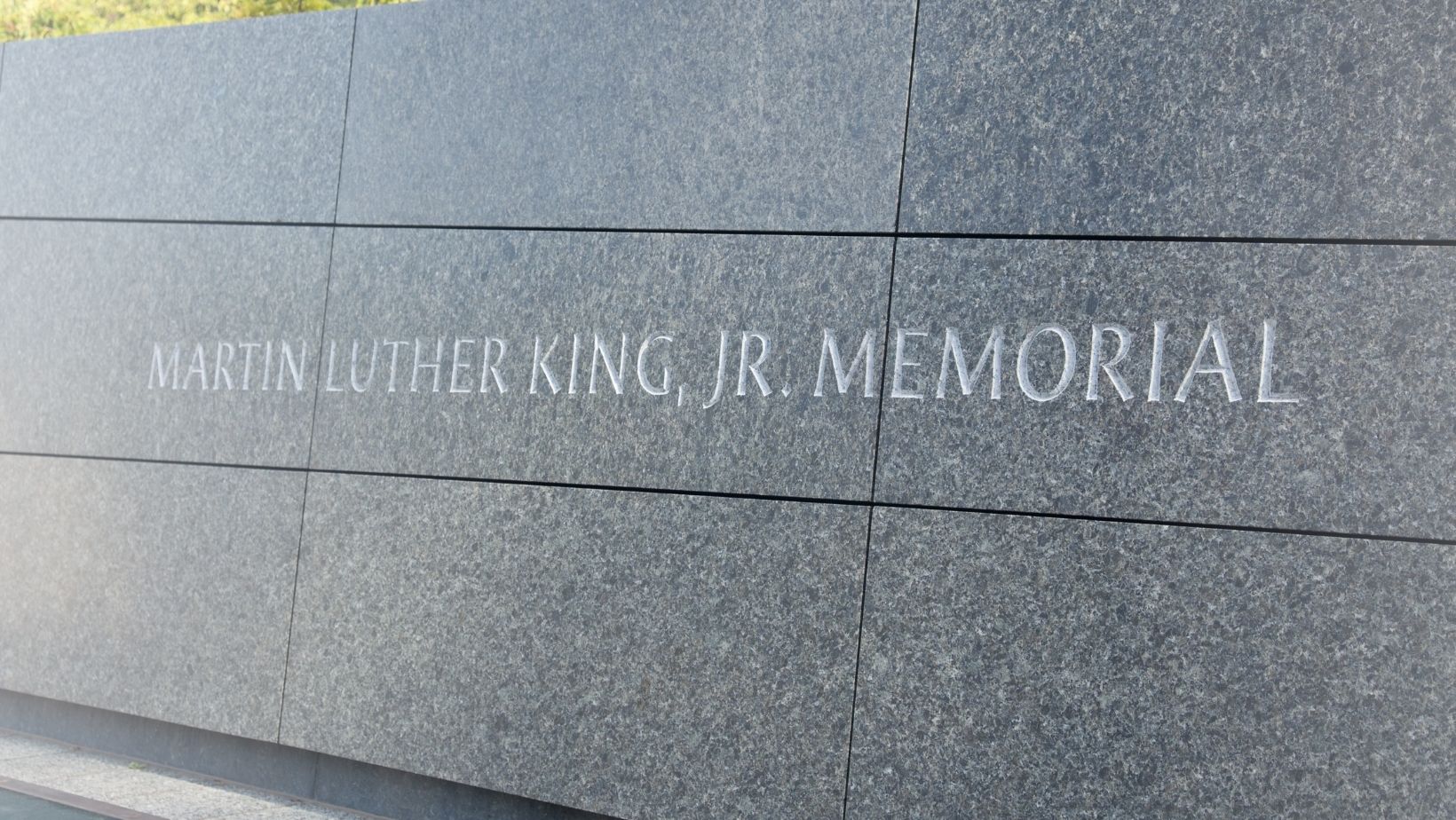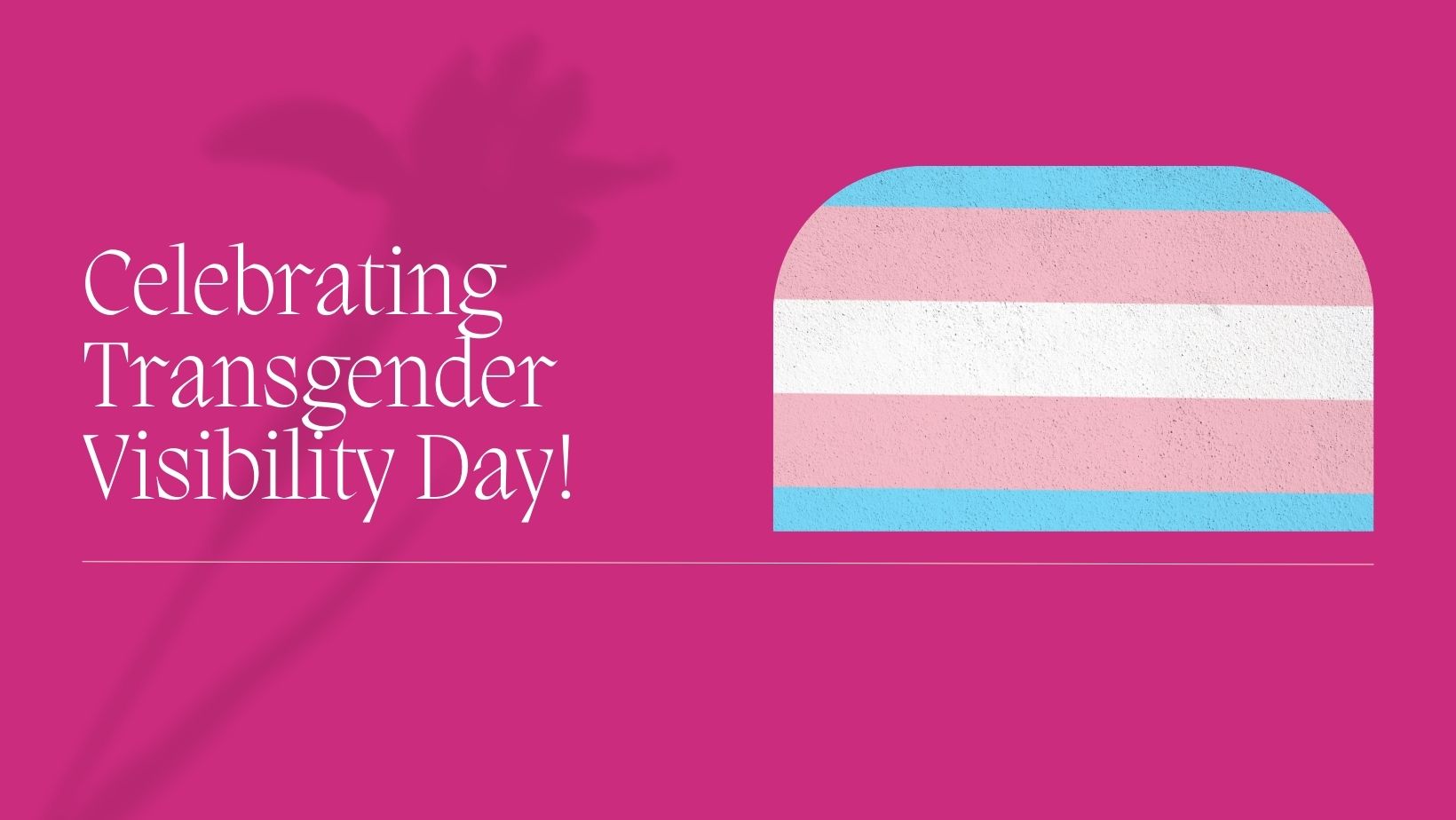Emancipation Day stands as a poignant reminder of the struggles, sacrifices, and triumphs in the fight against slavery and for the pursuit of equality and justice. Observed in various countries around the world, it commemorates the emancipation of enslaved peoples and serves as a testament to the resilience of the human spirit in the face of oppression.
Historical Significance
The origins of Emancipation Day trace back to different historical contexts in various regions. In the United States, it commemorates the Emancipation Proclamation, signed by President Abraham Lincoln on January 1, 1863, which declared that all enslaved persons in Confederate territory were to be set free. However, it’s crucial to acknowledge that the Emancipation Proclamation did not immediately free all slaves, nor did it apply to all states; the Thirteenth Amendment to the United States Constitution, ratified in December 1865, formally abolished slavery.
In other parts of the world, Emancipation Day marks different milestones. For instance, in the Caribbean, it often commemorates the abolition of slavery in British colonies on August 1, 1834, a date known as Emancipation Day or Emancipation Day of the Enslaved.
Reflection and Celebration
Emancipation Day serves as an occasion for reflection, remembrance, and celebration. It provides an opportunity to honor the resilience and courage of those who fought against the brutal institution of slavery. It’s a time to pay homage to the ancestors who endured unimaginable hardships and injustices, yet still held onto hope and dignity.
Moreover, Emancipation Day underscores the ongoing struggle for equality and social justice. While the formal abolition of slavery marked a significant milestone, it did not eradicate the deep-rooted systemic racism, discrimination, and inequality that continue to plague societies worldwide. Emancipation Day prompts us to confront these issues honestly, to acknowledge the injustices of the past, and to work towards building a more inclusive and equitable future for all.
Education and Awareness
Emancipation Day also serves as an opportunity for education and awareness-raising. It’s essential to educate future generations about the horrors of slavery, ensuring that the lessons of history are not forgotten or distorted. By learning about the struggles and triumphs of those who came before us, we can better understand the complex legacies of slavery and colonialism and their enduring impact on contemporary society.
Furthermore, Emancipation Day encourages dialogue and conversation about pressing social issues, such as racial inequality, economic disparity, and systemic injustice. It’s a time to amplify the voices of marginalized communities, to listen to their experiences, and to commit ourselves to meaningful action and change.
Moving Forward
As we commemorate Emancipation Day, let us renew our commitment to the principles of freedom, equality, and justice. Let us honor the legacy of those who fought for liberation and emancipation by continuing their struggle for a more just and equitable world. Emancipation Day is not only a celebration of past achievements but also a call to action for the challenges that lie ahead. Together, let us work towards building a future where all individuals are truly free to thrive and pursue their dreams, regardless of race, ethnicity, or background.






